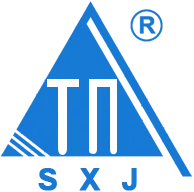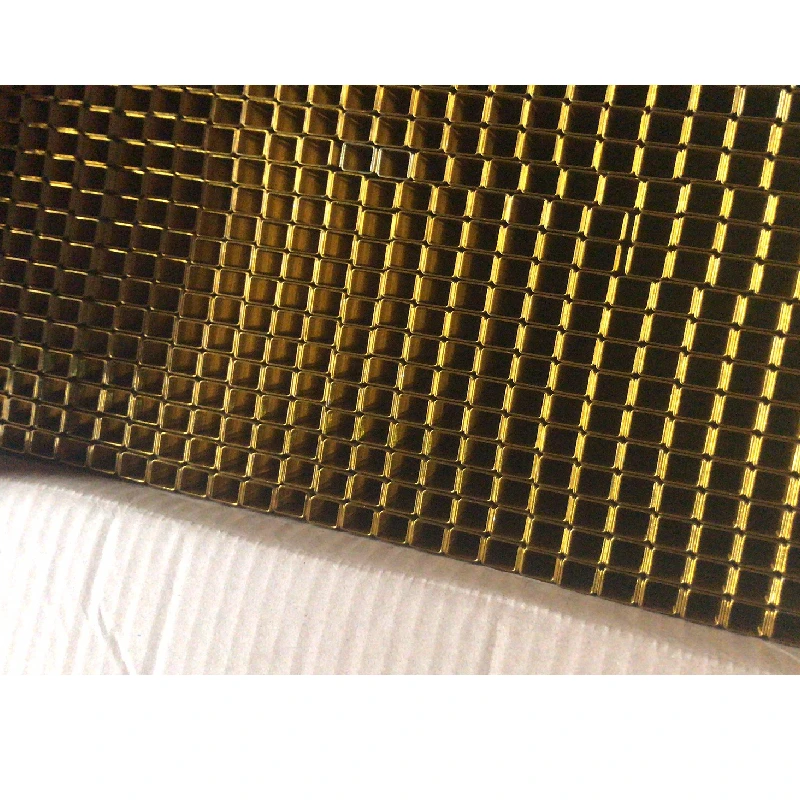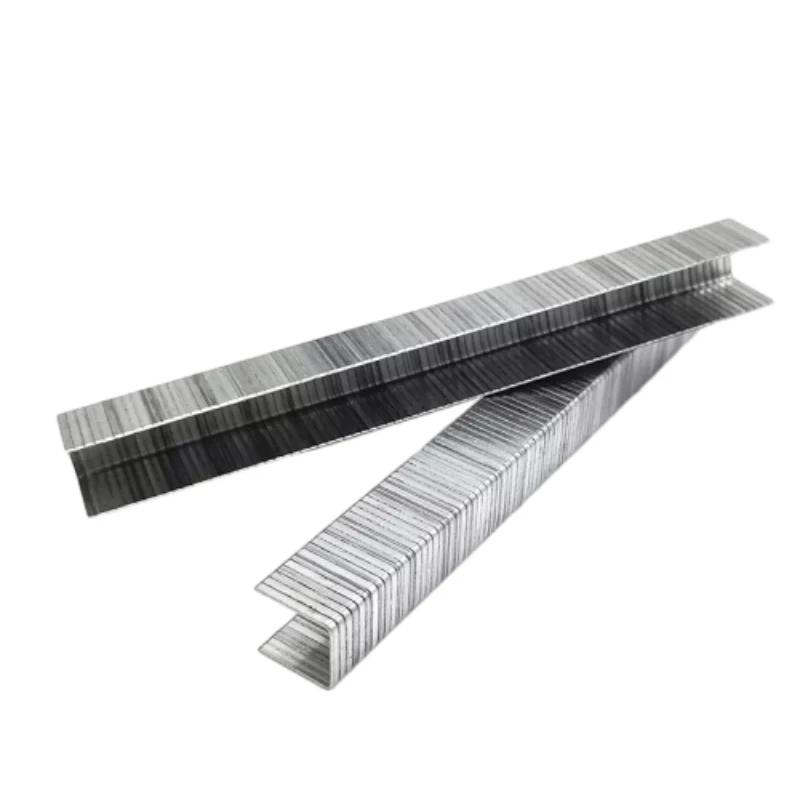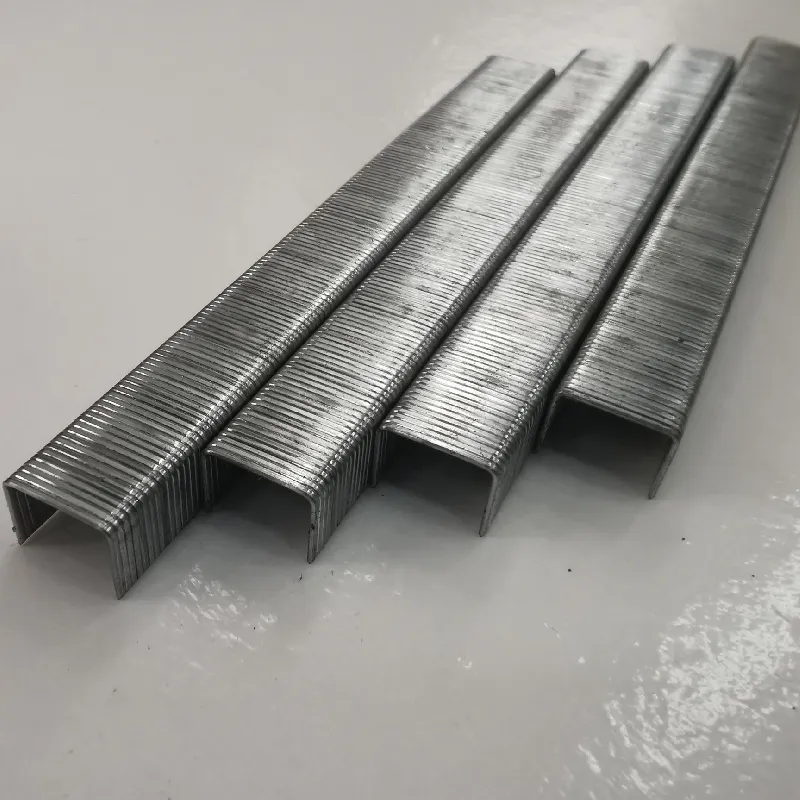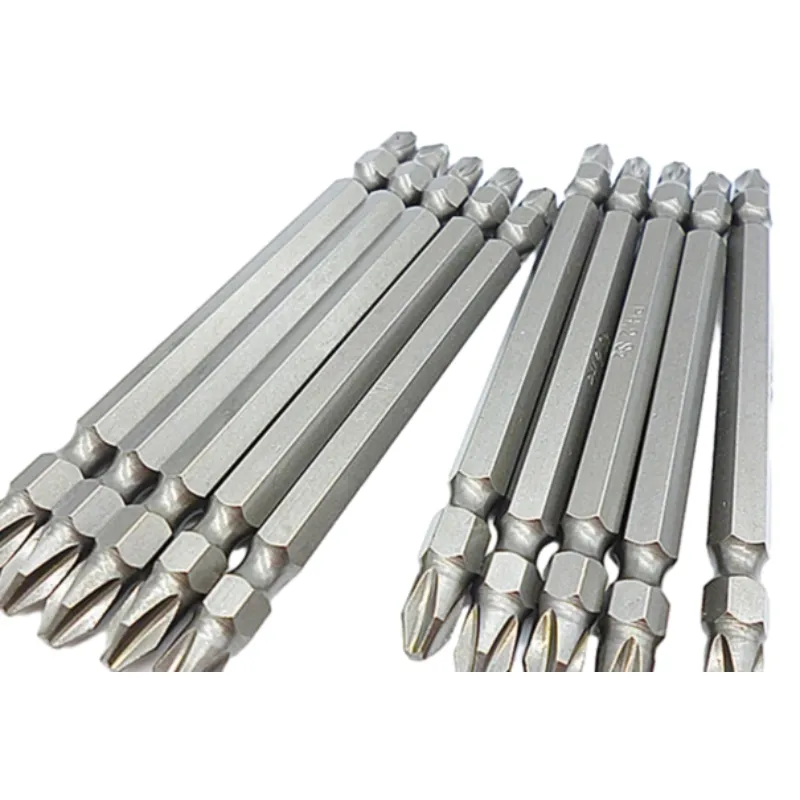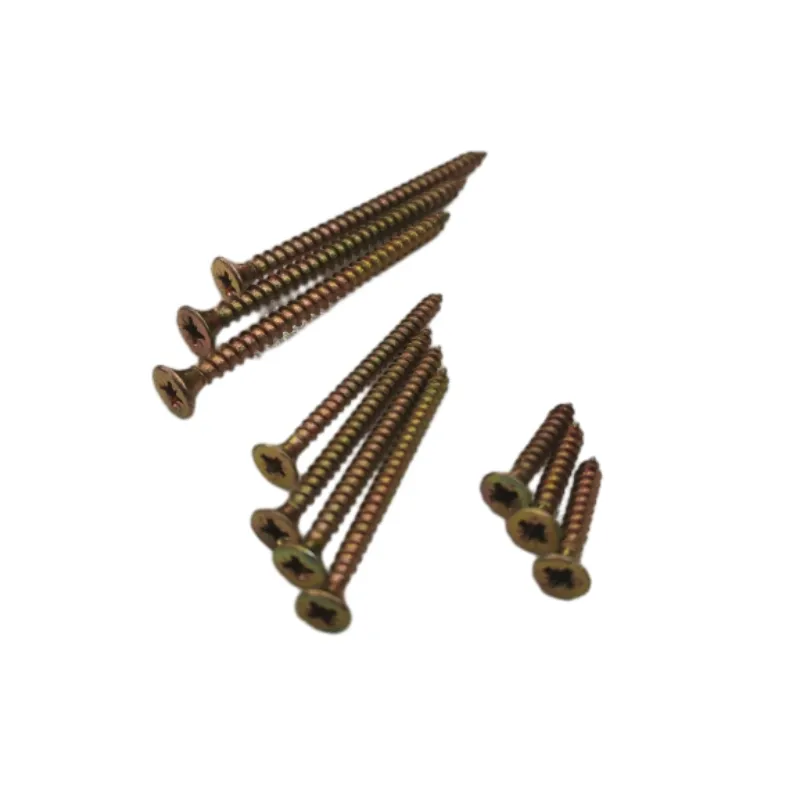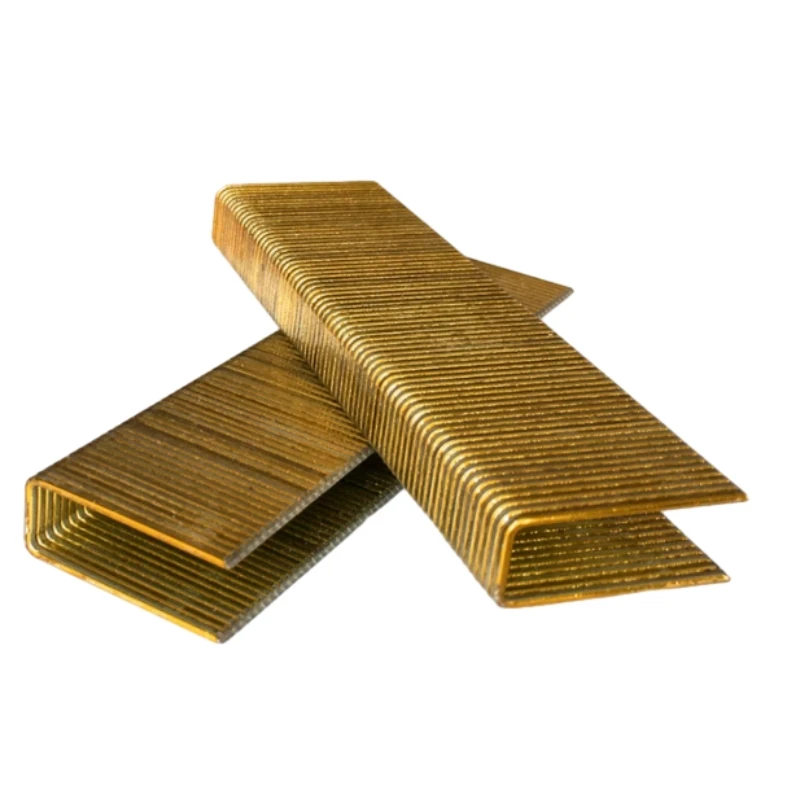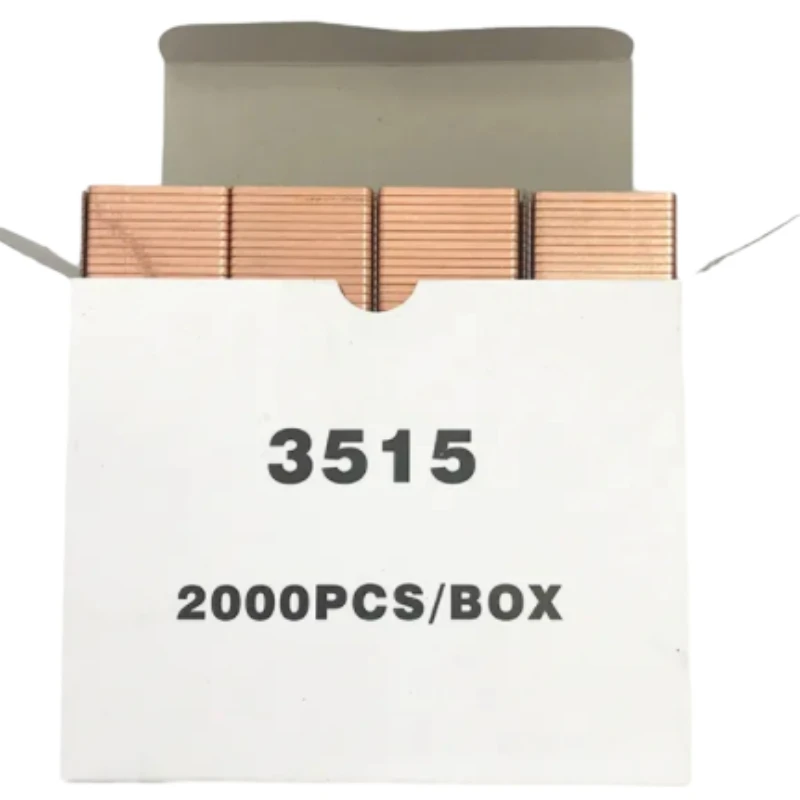Kuramo
There are many types of screws, each designed for specific materials and applications. The most common include wood screws, which are used in carpentry and have coarse threads for gripping wood; machine screws, used with nuts or tapped holes in metal parts; sheet metal screws, which have sharp threads to cut into metal; and self-tapping screws, which eliminate the need for pre-drilling. Another important category is stainless steel screws, which offer excellent corrosion resistance and are ideal for outdoor or marine environments.
Other specialized types include drywall screws for attaching drywall to studs, concrete screws for masonry, and lead screws, used in linear motion systems to convert rotary motion into linear movement. Each screw type may also have different screw thread types — such as fine or coarse — depending on the grip and strength needed.
Whether you are assembling machinery or constructing furniture, knowing the correct types of screws ensures durability and safety. Modern manufacturing and automation often use metric and imperial screw sizing systems, like the 2 56 UNC 2B screw, commonly found in precision instruments and electronics. Understanding these variations helps in selecting the most suitable screw for your project.
-

S2 Ibinyabiziga Byarangiye Byombi pH2 Magnetic Screwdriver Bit
-

-
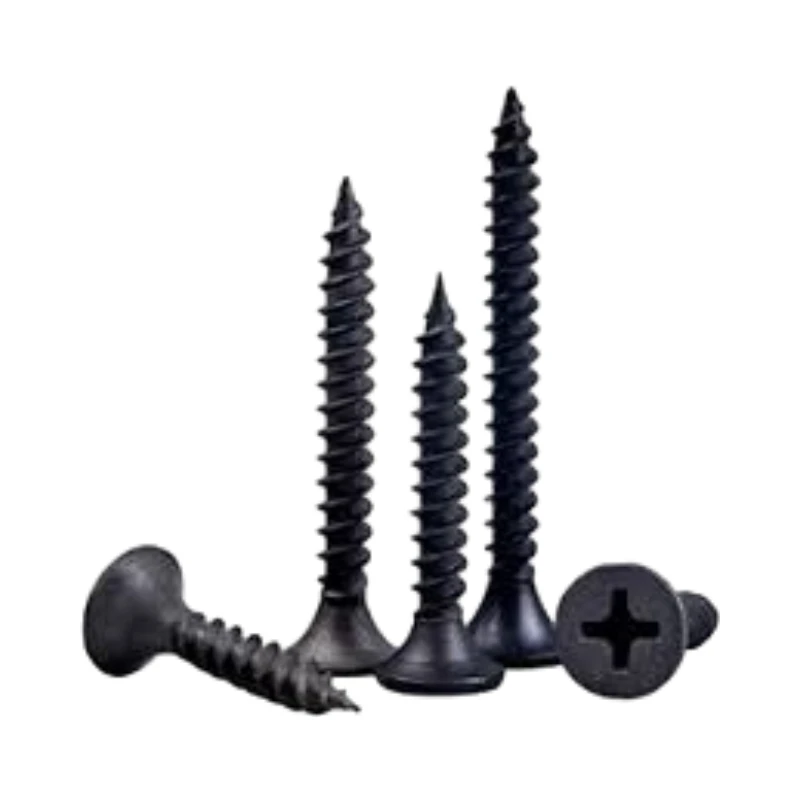
Gypsum Plasterboard Igizwe numutwe wimpanda, Urudodo Rwiza, Inama Yinshinge na Ph Cross Drive
-
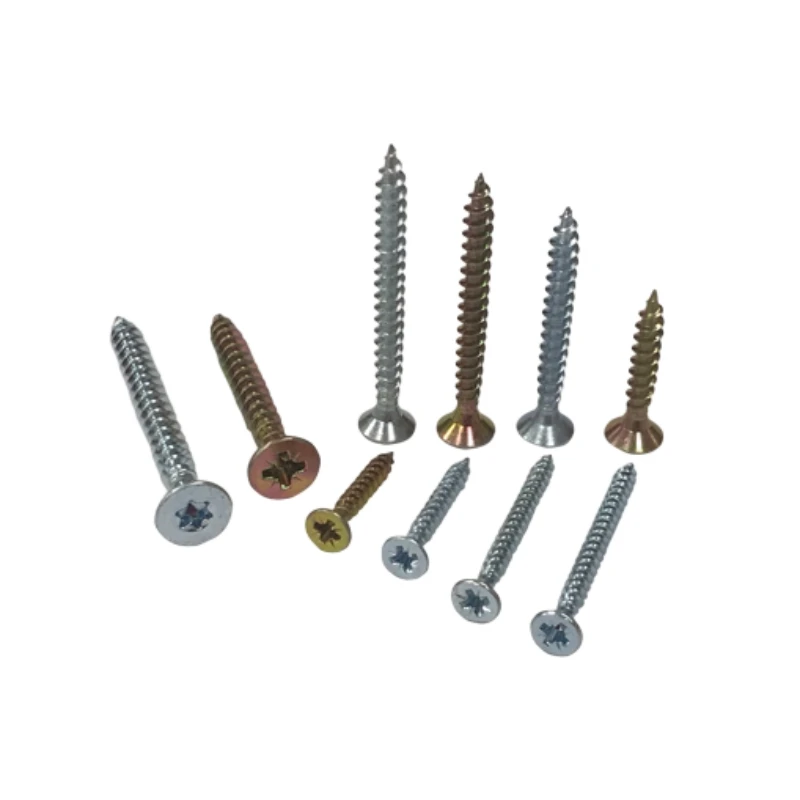
Ibice byinshi bya Countersunk Umutwe wa Chipboard Yuzuye, Yuzuye kandi Igice
What Are the Common Screw Thread Types?
Screw thread types vary depending on the application, with the two main categories being Unified Thread Standard (UTS) and Metric Thread. UTS includes coarse (UNC), fine (UNF), and extra fine (UNEF) threads, like the 2 56 UNC 2B screw, which is a small machine screw commonly used in electronics and small mechanical assemblies. Metric threads are defined by the pitch and diameter and are widely used internationally.
Thread types can also be classified based on their geometry — such as square threads, trapezoidal threads, and lead screw threads — each with specific mechanical advantages. Lead screws have deep, wide threads and are designed to reduce friction and withstand high loads in linear motion applications.
Selecting the right screw thread type is crucial to ensure compatibility, load-bearing capacity, and proper fit in industrial or home use. For environments with high moisture or chemical exposure, stainless steel screws are recommended as they resist corrosion and maintain thread integrity over time.
What Is a Kuramo and How Does It Work?
A screw is a simple machine and a type of fastener used to hold objects together or to position them precisely. It consists of a cylindrical shaft with helical threads that engage with corresponding threads in a material or a pre-drilled hole. As the screw is turned, the threads pull it deeper into the material, securing the connection with tension.
There are many types of screws tailored for specific tasks: wood screws, machine screws, drywall screws, and specialized lead screws, which are not used for fastening but for precise movement in machinery. Stainless steel screws are popular for their strength and corrosion resistance, especially in construction, marine, and outdoor settings.
Another important factor is the screw thread type, which determines how well the screw grips the material. The 2 56 UNC 2B screw, for example, is widely used in electronics for its fine threading and compact size. Understanding the type of screw you need ensures durability and function in your project.
What Is a Lead Screw Used For?
A lead screw is a type of threaded rod used primarily for translating rotary motion into linear motion. Unlike standard screws used for fastening, lead screws are integral components in mechanical systems, particularly in CNC machines, 3D printers, and other precision equipment. They use trapezoidal or square thread profiles to minimize friction and increase efficiency in movement.
The thread design of a lead screw makes it ideal for applications requiring precision and high axial loads. For instance, when paired with a stepper motor, a lead screw can precisely control the position of a movable platform. These screws are often made from hardened steel or stainless steel screws to ensure long-lasting performance and resistance to wear and corrosion.
Different screw thread types are available for lead screws, including acme threads and metric threads, each suitable for different speeds and load capacities. Whether you're assembling a piece of industrial machinery or prototyping with a 3D printer, choosing the right lead screw is essential for accuracy and mechanical stability.
